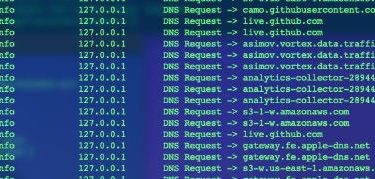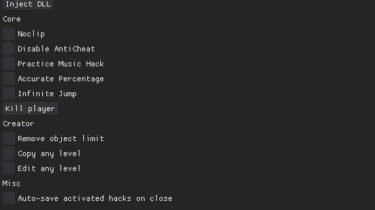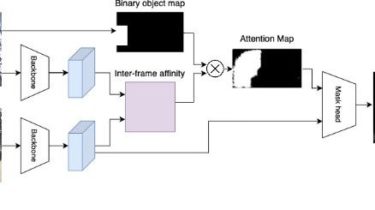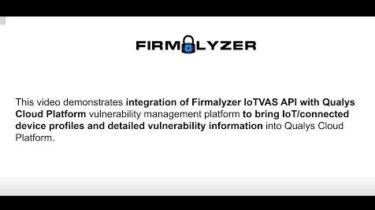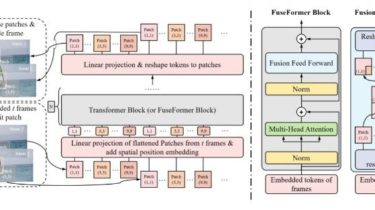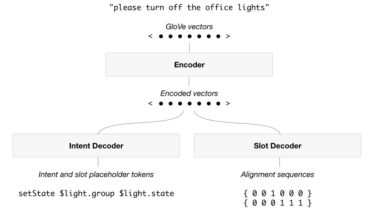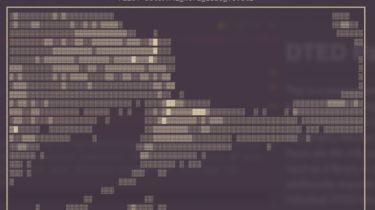Parsing Course Info for NIT Kurukshetra
Overview This repository houses code for a small Python script to convert the course info found here into a JSON file suitable for usage anywhere it’s needed (provided all the PDFs are converted to text firsthand) The code is fairly messy and does need to be cleaned up, and the output itself is unreliable as the PDF to text conversion is not perfect. The source material is also fairly inconsistent when it comes to key words used, sometimes using synonyms […]
Read more